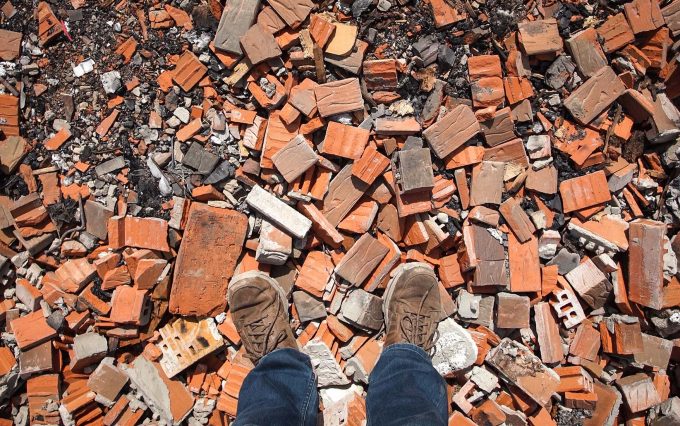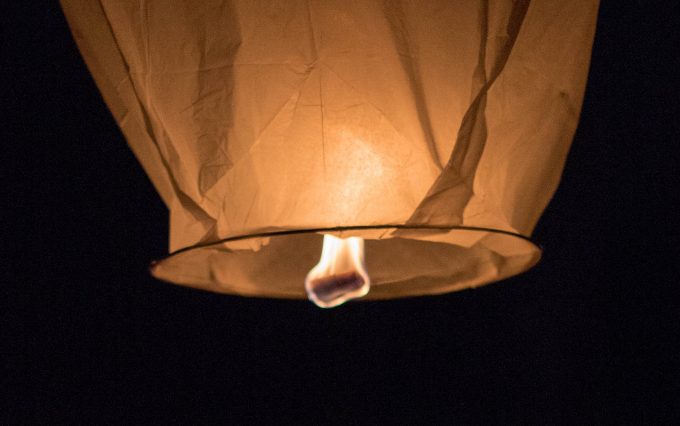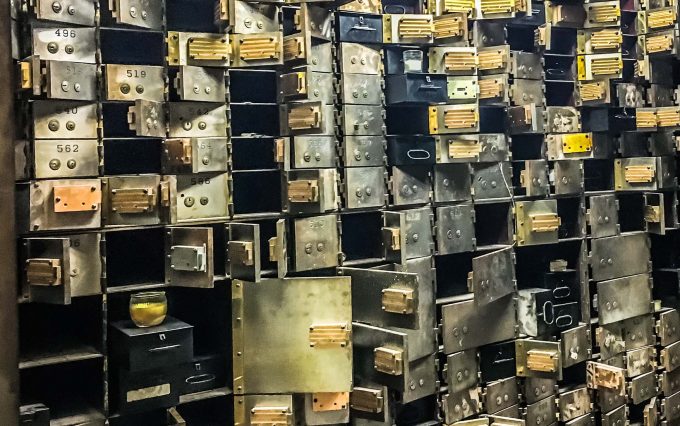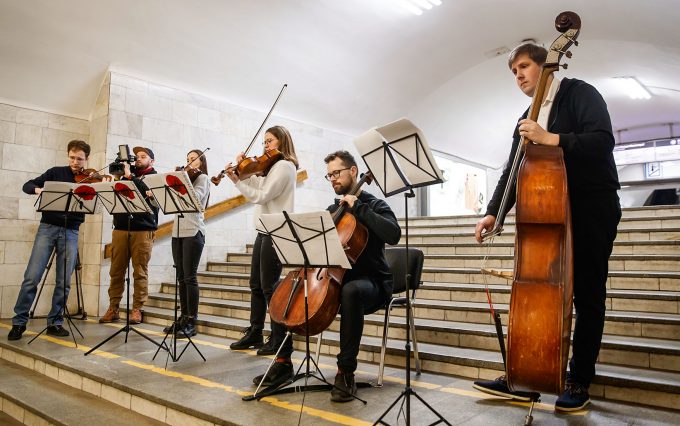#clm
“So, when I write, I should / keep your commandment—but how?” a poem by Hungarian poet Zsófia Balla, in Anna Bentley’s translation.
The Ukrainian poet Kateryna Kalytko considers the trust required to rebuild on unsteady ground, in a world between stages of renaming.
Under communism, the sculptures of the Nanai were replaced by portraits of new leaders, but communism proved less enduring than Nanai traditions.
This poem by the passionate, poetically mystical Czech poet Adam Borzič, full of images and allusions, reveals his feeling for beauty and human fragility.
In this essay, Romanian writer Mircea Cărtărescu, explores the limitations of our knowledge, and the infinite possibility of the incomprehensible.
Anton loves Marie, no doubt about it, but what’s a man to do without so much as a rejection, a disparaging glance? A unsettling tale by Thomas Raab.
In this dystopian, Hungarofuturist short story by Máté Makai, an investigative journalist follows a cell of time-travelling climate terrorists.
Two boys, of very different fates, consider friendship and cruelty in this short story by Hungarian writer Miklós György Száraz.
In this essay US author Michael Rips explores the incomprehensible transcendence of God and asks, pertinently: Did Ric Ocasek Go to Heaven?














